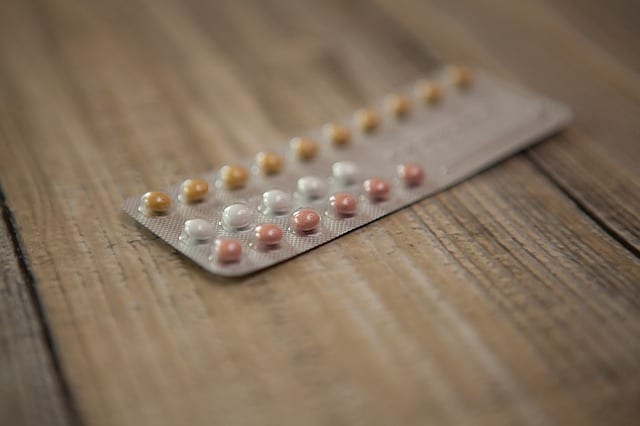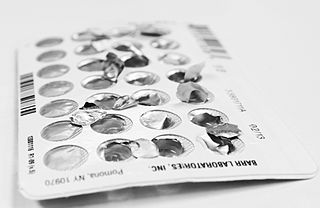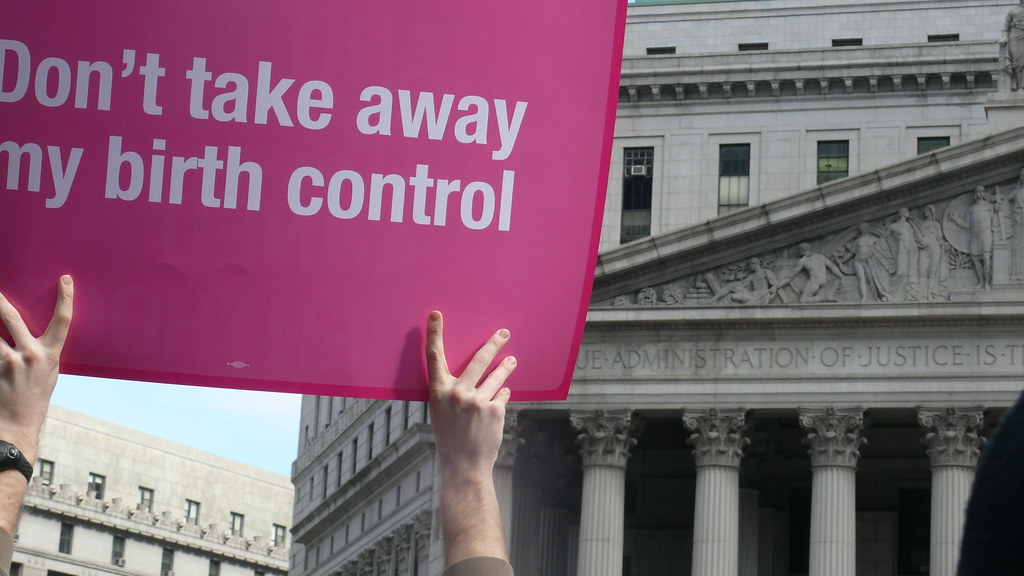Everything You Need to Know About Emergency Contraception
As adults, we try our best to be prepared for everything in life. Unfortunately, things don’t always work the way we plan. In the case of your sex life, the outcome can be life changing, to say the least. Thankfully, in the event of you having a sexual encounter without using birth control or you think your method of birth control wasn’t effective, emergency contraception has your back.
Recent statistics state that about 11% of women in the United States between the ages of 15 and 44 have used emergency contraception at least once. So why is it not something that is discussed more in sex education classes and college? Some people believe that making emergency contraception available encourages young women to have sex. The same argument has been used for all forms of birth control. However, lack of education doesn’t stop young adults from having sex—it just means that they are less likely to be having safe sexual encounters. Circulating accurate information about emergency contraception wouldn’t mean more young people have sex, but it could lead to fewer teen pregnancies and fewer abortions.

With that in mind, keep reading this article to learn the relevant facts about emergency contraception!
[clickToTweet tweet=”Emergency contraception has your back! #missmillmag #sex” quote=”Emergency contraception has your back!”]
What is Emergency Contraception?
Emergency contraception is a form of birth control that you can take after having sex to lower the risk of pregnancy. There are two forms of emergency contraception: pills and an IUD. There are many different brands of the pill, including Plan B and Next Choice. Colloquially, it is referred to as the morning-after pill. Someone might choose to take emergency contraception if they had unprotected sex or believe that their method of birth control failed.
How Does it Work?

Contrary to popular belief, taking emergency contraception is not synonymous with getting an abortion. While abortion is a termination of pregnancy, emergency contraception hinders someone from becoming pregnant in the first place. The pill will keep the vagina from releasing an egg from the ovaries, while the IUD will target sperm and get rid of it before it can fertilize an egg.
Until When is it Effective?
You can take emergency contraception for up to five days after having sex. However, the earlier you take it, the more likely to be effective it will be. Most brands of the pill recommend you take it within 72 hours. If you opt for the IUD, it is most likely to work if it is implanted within five days as well, though of course the sooner, the better.
When Should I Take Emergency Contraception?
The most important thing to know about emergency contraception is that it should only be used in case of emergency. You aren’t a teenage girl in a chick flick using her parents’ “in emergencies only” credit card to give a friend a makeover. This is the real deal. You should only take a morning after pill if you believe it’s necessary. In a similar vein, this should not be your main method of birth control. Emergency contraceptive pills are actually less likely to be effective than regular birth control pills and condoms, so relying on them regularly isn’t a good idea. Also, they can have some unpleasant side effects, but more on that later.
[clickToTweet tweet=”Emergency contraception really should only be used in emergencies. #missmillmag” quote=”Emergency contraception really should only be used in emergencies.”]
Where Can I Buy It? And How Much Will it Cost?

Luckily, you can buy the pill at almost any pharmacy, but it is not an over-the-counter medication. While you don’t need a prescription for it if you are at least 17 years old, you do have to walk up to a pharmacy counter and ask to buy it. It can also be prescribed to you if you would like. You’ll have to pay somewhere between $35 and $60, and if it is not prescribed to you, the full cost will have to come out of pocket. Some types of insurance will cover costs if the pill is prescribed to you.
Getting an IUD as an emergency contraceptive measure is the same as if you were to get one anytime. It will need to be surgically inserted into the uterus, so you’ll need to call your doctor right away to schedule a time. Many types of insurance will cover the cost of an IUD.
What are the Side Effects?
As with any medication, the side effects one may experience vary from person to person. The side effects are often similar to birth control: nausea, cramping, dizziness, breast tenderness, and fatigue. Back pain, vomiting, irregular periods, and heavy vaginal bleeding are all possible as well. For the majority of people, these side effects are mild or nonexistent. Some, however, experience much more severe side effects. This is yet another reason to have emergency contraception be your backup plan rather than your primary line of defense.
Side effects of the IUD are about the same as the pill; however, there can be more severe complications due to the nature of the IUD. You can have an allergic reaction to an IUD, and it may cause pain during sex. However, very few people experience these more severe side effects.
[clickToTweet tweet=”Emergency contraception is a taboo subject. That’s why it’s important to talk about! #missmillmag” quote=”Like many sexual health topics, emergency contraception is a taboo subject. That’s why it’s incredibly important to talk about! “]
What are the Benefits?
If you get an IUD, then that can act as your primary method of birth control for up to five years. Though the reason you had to get it might make the experience a bit stressful, after that you won’t have to worry! Just like birth control pills, the IUD is 99% effective at preventing pregnancy.
If you take an emergency contraception pill, you will significantly decrease the chance of becoming pregnant. Though there’s the risk of experiencing unpleasant side effects, at the end of it all you probably won’t have to worry about becoming pregnant.

Like many sexual health topics, emergency contraception is a taboo subject. That’s why it’s incredibly important to talk about! Many people don’t realize the risks and rewards associated with taking it. If we can get a conversation going and remove the social stigma surrounding emergency contraception, people can become more informed and possibly prevent undesired pregnancies. If you have any questions after reading this article, feel free to leave them in the comments! And if you want to learn more about sexual health, read our articles about birth control and STIs.
Resources: Her Campus, Princeton, Psychology Today, RX List, Slate






